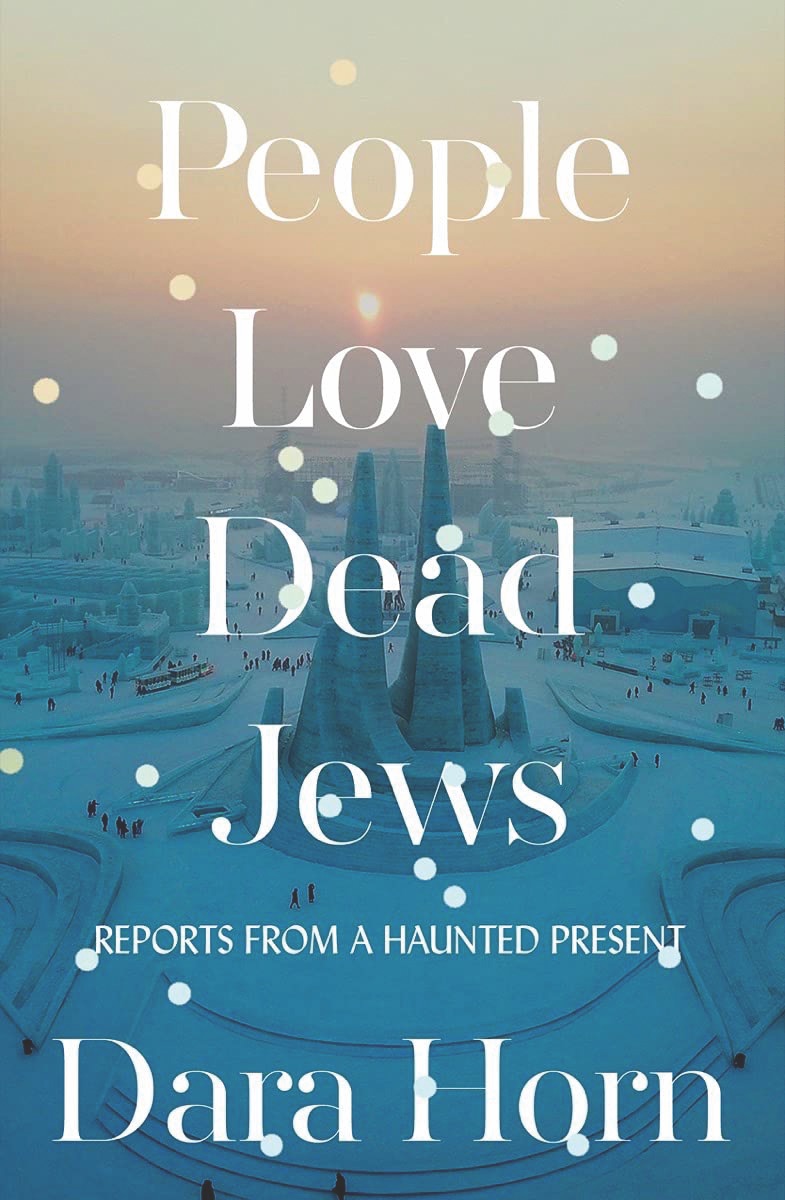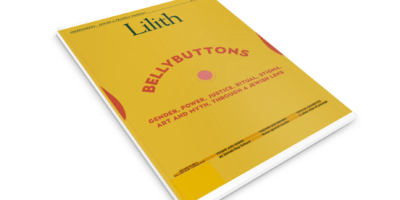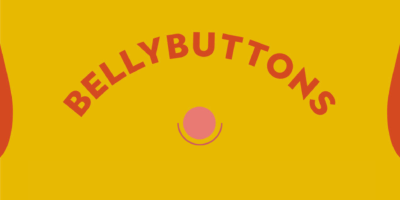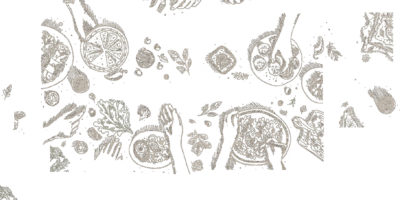
Our Obsession With Dead Jews
Dara Horn’s profoundly disturbing new book People Love Dead Jews: Reports From a Haunted Present ( W. W. N Orton & Company, $25.95), a collection of essays on antisemitism, is at its best when it highlights subtle dehumanization. She writes, “Think about what we expect from the endings of stories… We expect the good guys to be ‘saved.’ If that doesn’t happen, we at least expect the main character to have an ‘epiphany.’ And if that doesn’t happen, then the author ought to give us a ‘moment of grace.’ All three are Christian terms. So many of our expectations of literature are based on Christianity—and not just Christianity, but the precise points at which Christianity and Judaism diverge.”
As Horn points out, in novels like Sarah’s Key, The Boy in the Striped Pajamas, and The Tattooist of Auschwitz Jews die only to provide the main character (and the reader) with an uplifting sense of redemption. And the Jews who die are generally the kind of Jews who are palatable to the modern reader: they’re not religious, they don’t dress strangely, and they don’t speak Yiddish.
In the book’s chapter on Anne Frank, Horn argues that Frank’s diary is the most popular Holocaust-era account because its author was the perfect victim: a teenage girl whose diary offers absolution to its readers in the form of the words “I still believe, in spite of everything, that people are truly good at heart.” People are generally unable to face the kind of unalloyed monstrousness that was the actual reality of the Holocaust. The purpose of Holocaust education, Holocaust literature, and Holocaust museum exhibits therefore seems worth revisiting: supposedly, we learn about history so that we are not doomed to repeat it. Unfortunately, as Horn cynically points out, “This has come to mean that anything short of the Holocaust is, well, not the Holocaust. The bar is rather high.”
The consequence of the world’s obsession with dead Jews is that the lives of living Jews are thereby devalued. Horn highlights how American Hasidic Jews are especially vulnerable to antisemitic violence: when American media reports on antisemitic hate crimes against Hasidic Jews, the media contributes to their dehumanization by providing victim-blaming “context” about gentrification or ethnic tensions—the equivalent of analyzing the outfit of a rape victim to provide “context” about sexual assault.
Horn’s scholarship is rigorous, and her commentary is penetrating. The book also includes compelling essays on the Jews of the Chinese city of Harbin, the righteous gentile Varian Fry, and a critique of scholarship on Shylock. In one chapter, Horn deconstructs the myth of Jewish names being changed by inept immigration officials at Ellis Island, providing evidence that American Jews instead changed their names due to pervasive antisemitism.
et People Love Dead Jews also contains some bizarre tangents and glaring omissions. Horn’s description of Alma Mahler, an Austrian composer and socialite known for her marriages to composer Gustav Mahler, Bauhaus founder Walter Gropius, and novelist Franz Werfel, is viciously misogynistic. She portrays her as a celebrity-obsessed femme fatale notorious for taking advantage of Jewish men. While Alma Mahler has a contentious legacy, I found Horn’s assertion that “Alma…had already broken the heart of the Austrian painter Gustav Klimt before she turned eighteen” rather distasteful, given that Klimt was 34 and Alma 17 during their supposed “romance.”
A final flaw of People Love Dead Jews is the fact that Horn chose not to devote any attention, except for a few asides, to the fraught subject of antisemitism and anti-Zionism. Whether one identifies as pro- or anti-Zionist, the fact that American antisemitic hate crimes doubled during the May 2021 conflict between Israel and Hamas indicates that the subject deserves to be probed with rigor.
Still, People Love Dead Jews is a timely and necessary exploration of the link between historical and modern anti-semitism, and it raises crucial questions about our responsibility to be honest about our past so we can better understand the present.





